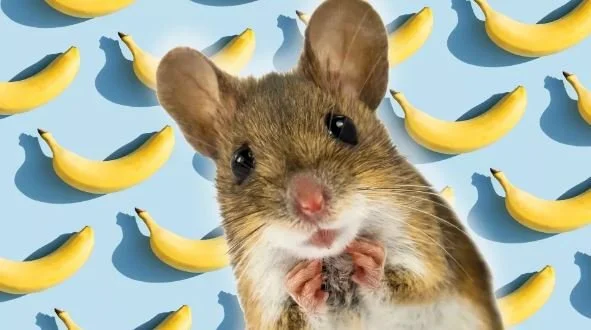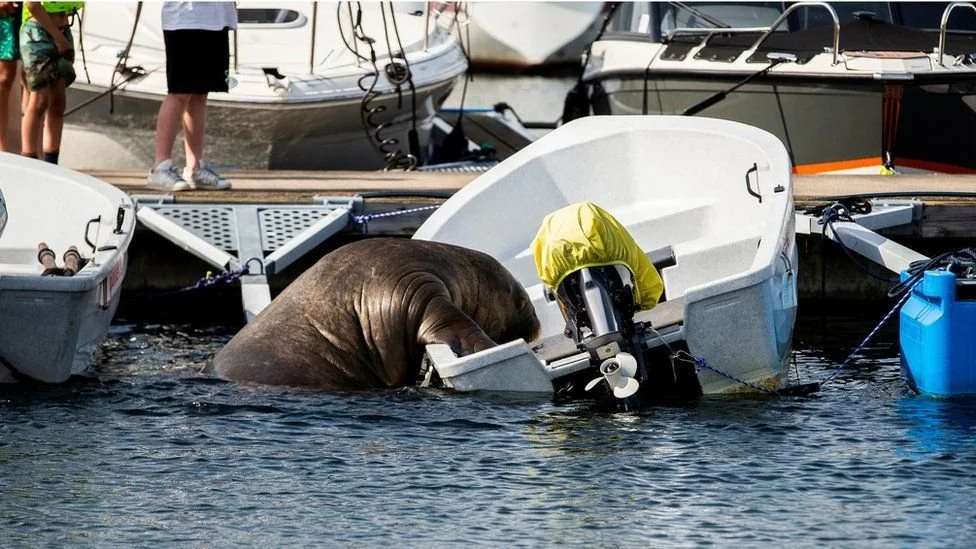Octopus Mom Eats Herself
When an octopus mom’s eggs are close to hatching, she will start acting a little bit nuts. She may stop eating, tear at her own flesh, beat herself against a rock; and if she does eat, the meal might be pieces of her own arms. The gruesome self-flagellation continues until death.
Researchers at the University of Washington have come up with an explanation for the bizarre, suicidal behavior. Their study appears in Current Biology.
It has been known since 1977 that the self-destructive behaviors had something to do with a set of glands near the octopus's eyes. When the nerves to the optic gland were severed, the mother octopus would abandon her eggs, start eating again, and go on living for another four to six months – a nice reprieve for an organism that normally lives for only about a year.
The new research investigates what is going on in the optic glands to instigate self-destruction. They found three chemical shifts in the mother when eggs are laid: an increase in pregnenolone and progesterone, higher levels of a toxic building block of cholesterol called 7-dehydrocholesterol, and production of components for bile acids.
Those chemical changes cause crazy behavior. What could possibly be the evolutionary advantage of such a thing? One theory is that the crazed suicide wards off predators; another that the dead mom’s body provides food for the newborns (like mom, they’re cannibals). But the reigning theory is less altruistic: the glandular secretions cause mommie dearest to kill herself to prevent her from eating her babies.
Maternal instincts apparently vary in intensity and form across the animal kingdom.
LiveScience has a brief explainer here: youtube.com/watch?v=maTxckG3iH8.
Photo credit: Tom Kleindinst / Marine Biological Laboratory







